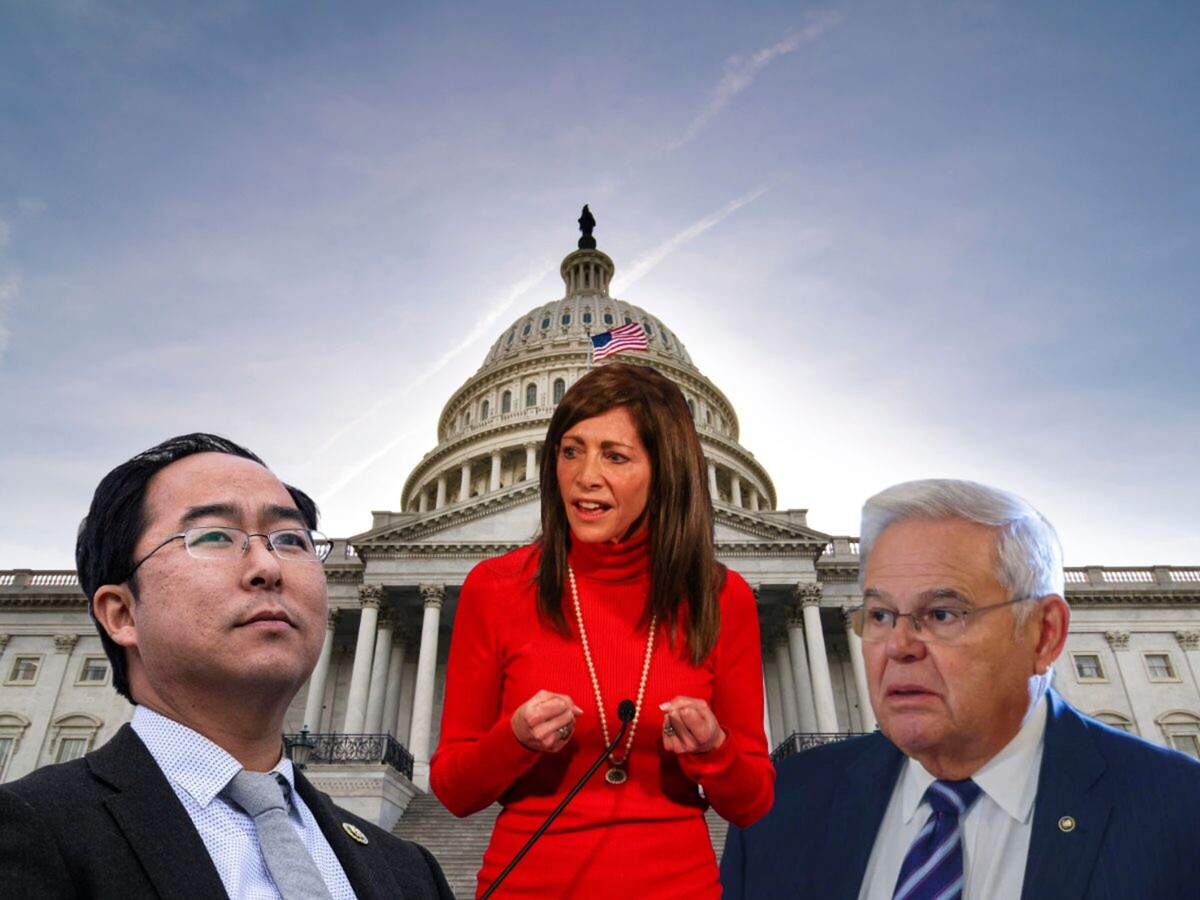Image


NEW JERSEY - A significant legal battle is underway in New Jersey as Representative Andy Kim takes a stand against the state’s controversial “county line” ballot system, a practice that has long been criticized for its potential to skew primary elections in favor of candidates endorsed by political party committees.
The lawsuit, set to be heard by U.S. District Judge Zahid Quraishi, could have profound implications for the state’s electoral landscape, particularly amid the heated Democratic primary race for the U.S. Senate seat currently held by Senator Bob Menendez, who is embroiled in a federal corruption scandal.
At the heart of the dispute is the “county line,” a ballot design unique to New Jersey where candidates endorsed by party committees are grouped together in a prominent column or row on primary election ballots.
This system, employed in 19 of the state’s 21 counties, allows voters to easily select all of a party’s endorsed candidates with a single gesture, a feature critics argue unfairly advantages these candidates over their non-endorsed counterparts.
The issue has come to a head in the current Democratic primary between Kim, a sitting congressman known for his viral moment of cleaning up after the January 6 Capitol insurrection, and Tammy Murphy, the state’s first lady.
The latter has secured swift endorsements from the powerful chairs of the state’s largest Democratic Party county organizations, highlighting the divisive nature of the county line system.
Kim’s lawsuit, while focusing on this year’s primary, is part of a broader challenge to the system that includes other plaintiffs like the New Jersey Working Families Alliance.
Should Judge Quraishi rule in favor of Kim, the decision could upend a cornerstone of New Jersey’s political tradition, challenging the influence of political machines and potentially leading to a more equitable electoral process.
Regardless of the outcome, the lawsuit has already intensified scrutiny of the county line, with many within the Democratic Party and beyond calling for reform.
The county line system has been criticized for entrenching the power of party elites and undermining the democratic process, with opponents arguing it impacts not only election outcomes but also voter engagement and trust in the political system.
Critics point to the system’s role in perpetuating political dynasties and concentrating power within a small group of party leaders.
Kim’s success in counties where endorsements are decided by secret ballot — winning seven of eight such endorsements — contrasts with Murphy’s support in areas where party chairs exert considerable influence.
This disparity underscores the contentious nature of the county line and its impact on political careers and election results.
The lawsuit has galvanized a range of activists, organizations, and politicians into a unified front against the county line.
The formation of the Fair Ballots Alliance and public opposition from notable figures like Jersey City Mayor Steven Fulop, Rep. Mikie Sherrill, and Rep. Bonnie Watson Coleman signal a growing consensus against the practice.
The call for an “office block ballot,” which groups candidates by office rather than by party endorsement, reflects a desire for a more transparent and democratic electoral system.
As Judge Quraishi’s decision looms, the legal battle over New Jersey’s county line system represents more than just a dispute over ballot design. It is a pivotal moment in the state’s political narrative, offering a chance to address long-standing concerns about fairness, transparency, and the concentration of political power.
Regardless of the outcome, the lawsuit has sparked a broader debate about the future of democracy in New Jersey, setting the stage for potential reforms that could reshape the state’s political landscape for years to come.